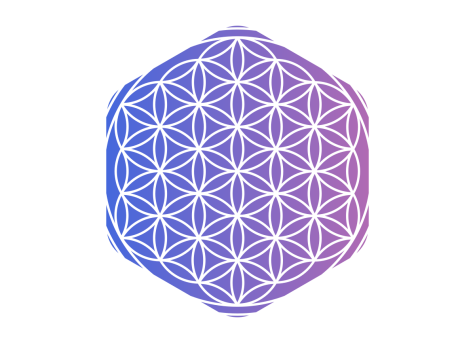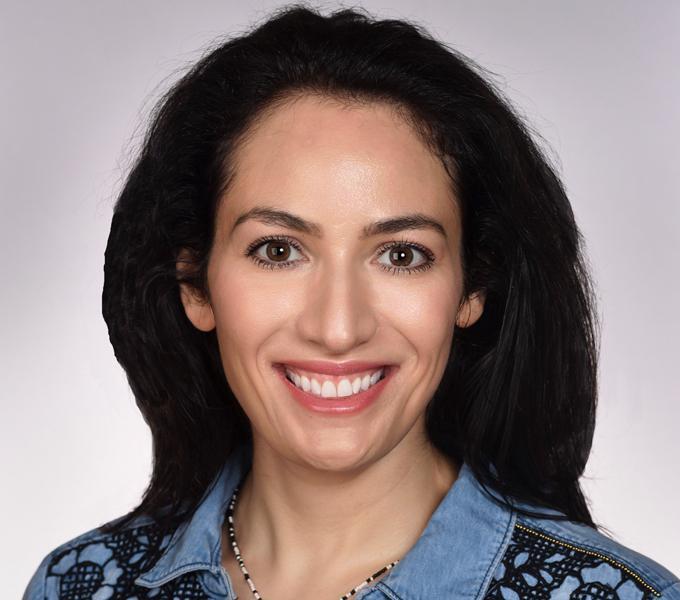Dr. Marielle Gross creates novel approach for patients’ ownership of biosamples through “De-Bi” app
Image courtesy of Marielle Gross
Dr. Marielle Gross, an assistant professor of obstetrics and gynecology and member of Pitt’s Center for Bioethics and Health Law.
June 13, 2023
Dr. Marielle Gross wants patients who donate samples to medical research to be able to know what scientists discover from their samples, a goal she hopes to achieve through her newly created app “De-Bi.”
“The problem is the way science is today, patients are separated from what we learn from their own samples,” Gross said.
Gross, an assistant professor of obstetrics and gynecology and member of Pitt’s center for Bioethics and Law, recently piloted De-Bi, as a personalized approach to biobanking. Biobanking is when researchers collect samples from patients with their consent to further learn about diseases and discover new life-saving treatments.
As patients are normally de-identified from samples donated to research, her app uses technologies to ensure they remain connected to their results while protecting privacy as well. De-identification is the process by which a person’s sample is altered so that it cannot be used to identify them during research. However, her app allows patients to stay connected to their samples by tracking use of their data and being notified if the research potentially discovers a new treatment that could save lives.
“The patients don’t benefit from the research,” Gross says. “For example, we find the BRCA mutation in tissues of the patient, but there is no way for the patient to know. How can you have an app to track your pizza or packages but you don’t have an app to track your own tumor or tissues that you have donated to science?”
De-Bi uses NFT technology so that patients can identify their biosamples, though Gross said there are other benefits to her project as well.
“Samples are often commercialized, so with using De-Bi, patients can potentially share any profits that are made with data collected from their samples and maintain their privacy all at once,” Gross said.

Arvind Duhan, an MBA alum of Pitt’s School of Business, became acquainted with Dr. Gross and De-Bi during a capstone course he took at Pitt.
“Her work piqued my interest in the potential impact of resolving the dilemma surrounding the patient-first mindset in ethical ownership and utilization of biosamples,” Duhan said.
He then continued his work by participating in an internship through the Berg Center of Ethics.
“In my role as the first Product Manager [for De-Bi], I played a key part in refining the initial MVP [minimum viable product], conducting feature discovery and creating the initial product roadmap,” Duhan said.
Working with Dr. Gross has solidified Duhan’s future plans and goals of creating social impact.
“This internship provided me with an excellent chance to apply my experience in building digital products from scratch and apply the knowledge gained from my MBA studies to create a solution that has a direct social impact,” Duhan said.
Diana Mendoza-Cervantes, a fourth-year medical student at Pitt, was interested in working with Dr. Gross on the app because of her interest in bioethics, which Mendoza-Cervantes has a masters degree in.
“I focused my thesis on epistemic injustice and how it was perpetuated within health systems, ultimately recognizing that too much of the burden of making up for the gaps in healthcare is inappropriately placed on patients and the very limited doctor-patient interaction,” Mendoza-Cervantes says.
Mendoza-Cervantes said working on the app has helped her see the future of patient communication regarding medical research.
“It is the foundation for the kind of solution that acknowledges that systemic change in the way that medical research and knowledge impacts medical care is essential,” Mendoza-Cervantes said. “Trust within the biomedical and healthcare system has been eroded by structural factors, and this ultimately has held back the impact of research for patients.”
Mendoza-Cervantes described the project as “esoteric,” as it involves topics like organoid biobanking, blockchain and epistemic injustice, topics that often seem daunting.
“Working with Dr. Gross has been an incredible learning experience in how to get the value of a message across disciplines, from medicine, ethics, basic science research, computer science, academia, system administration and patient advocacy,” Mendoza-Cervantes said.
Looking long-term into her career as physician with her interest in neurology and the medical field in general, Mendoza-Cervantes said she can already see the impact De-Bi could make.
“I cannot imagine a future as a physician where having a better way for my patients to relate to and interact with and learn from research does not also help my practice of medicine,” Mendoza-Cervantes said.
And although Dr. Gross’ project is still evolving, she said her work is already making an impact.
“This is just chapter one of De-Bi,” Dr. Gross said. “I’m excited to see how the future unfolds and even if it can’t help the patient right away it can help someone else — that’s what medicine is about. I want to see the project benefit others all around.”



